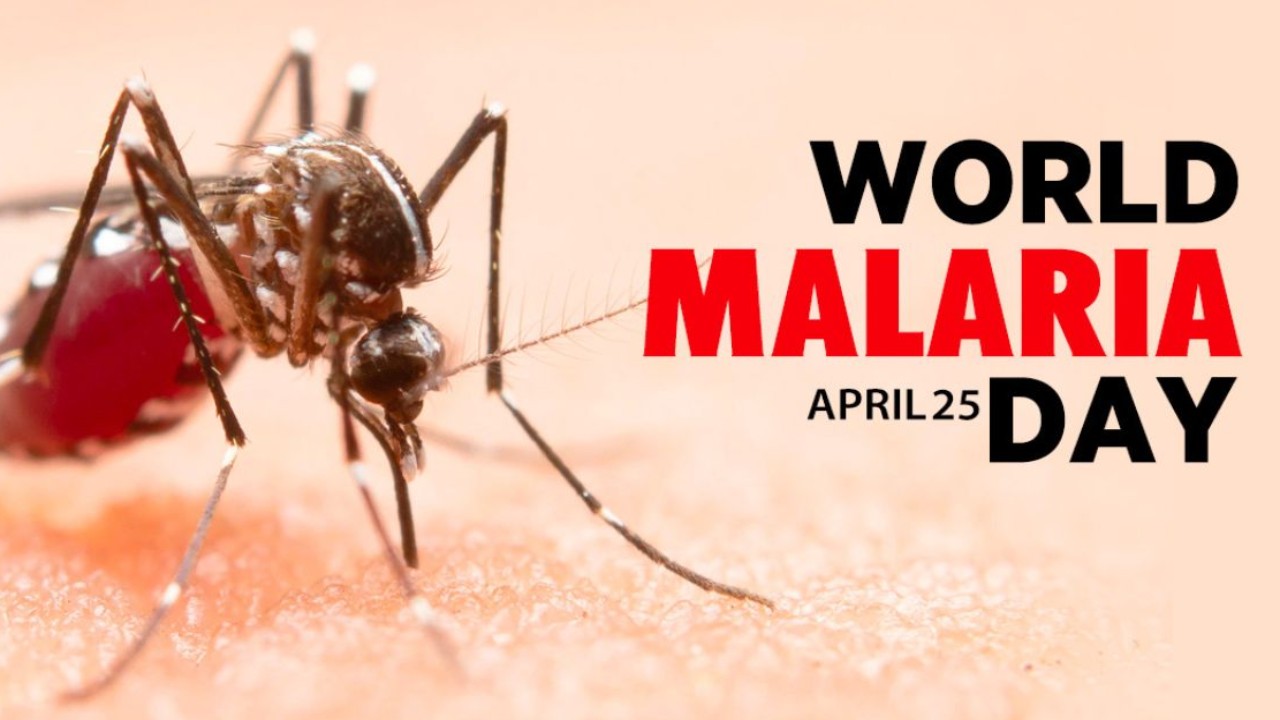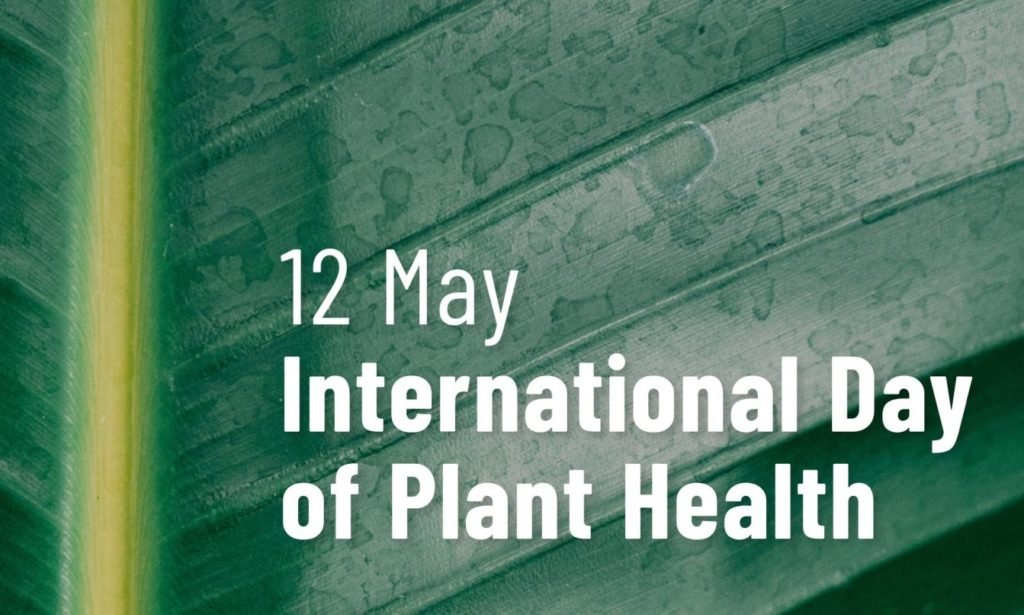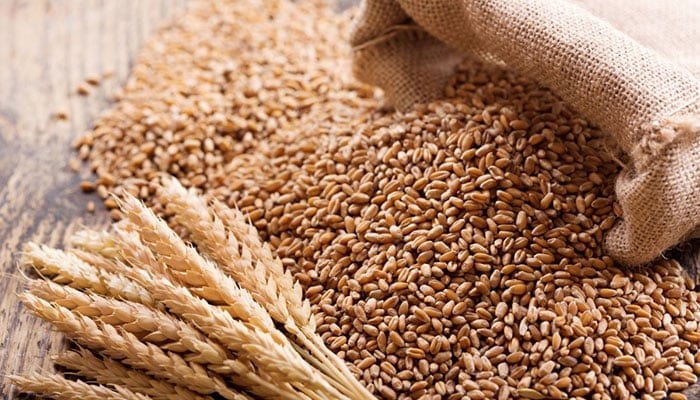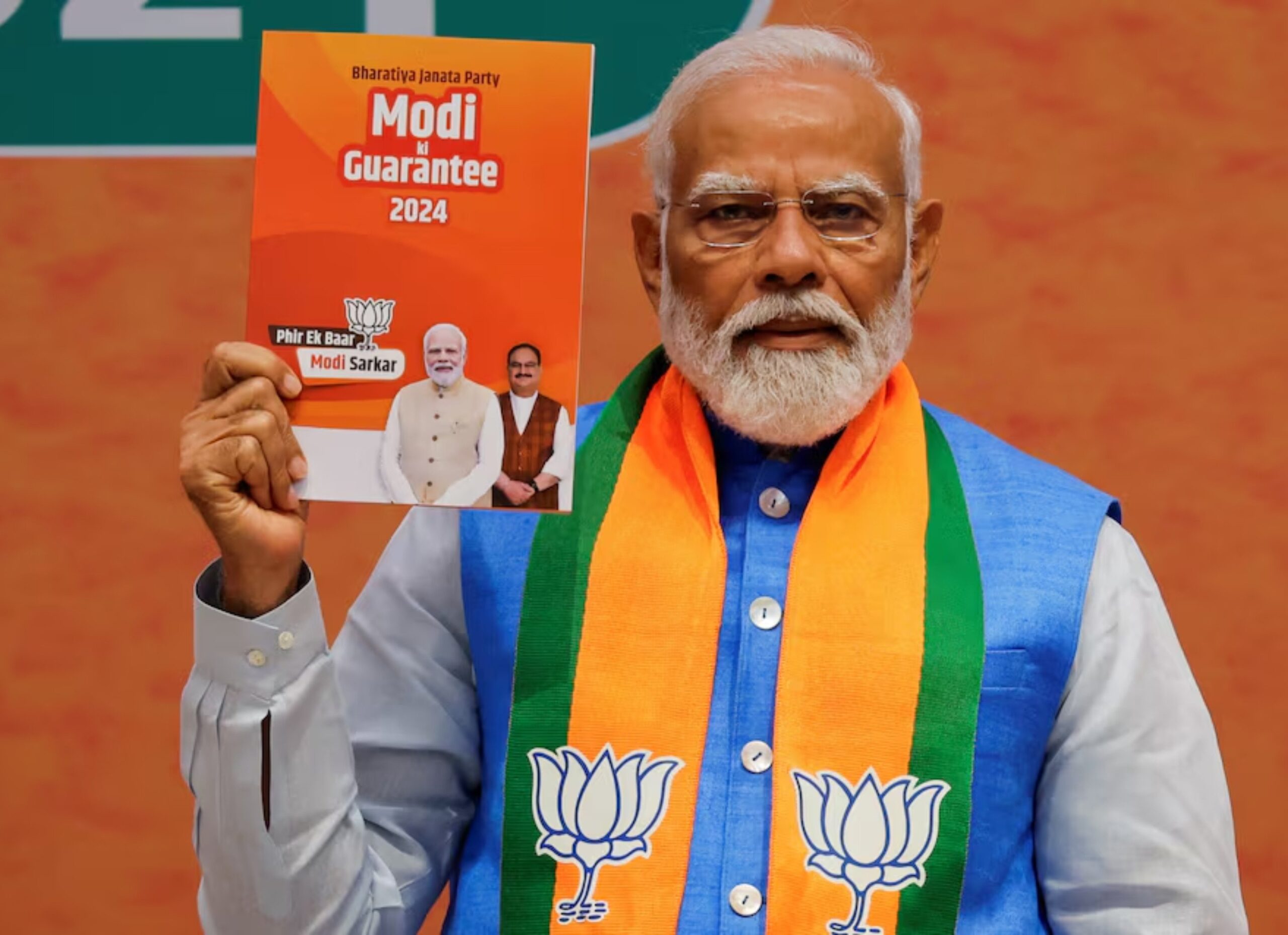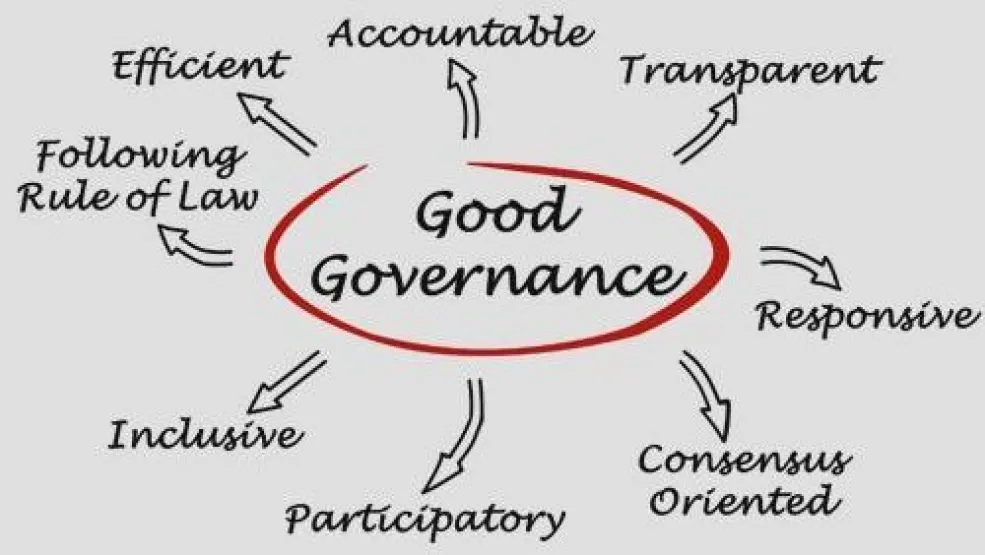Abdul Latif
World Malaria Day is an annual event that is celebrated on 25th April to raise awareness about the burden of malaria, which includes [Specific Health Impact A], [Specific Health Impact B], and [Specific Livelihood Impact C]. It also aims to highlight the progress that has been made in the fight against this deadly disease. This year, the World Health Organization (WHO) and its partners are celebrating the achievements of countries that are approaching or achieving malaria elimination. These countries serve as a source of inspiration for other nations that are working to eliminate malaria and improve the health and livelihoods of their populations.
On 21st April, WHO published a new report that highlighted some of the successes and lessons learned among the “E-2020” group of malaria-eliminating countries, such as [Country A], [Country B], and [Country C]. Despite the challenges posed by the COVID-19 pandemic, these countries reported zero indigenous malaria cases in 2020, while others made impressive progress in their journey to becoming malaria-free. This is a remarkable achievement considering the disruption caused by the pandemic, which has strained health systems and diverted resources away from malaria control efforts.
One of the regions that have made significant progress in the fight against malaria is the Greater Mekong subregion. In the face of a dual threat of antimalarial drug resistance and COVID-19, the six countries of the subregion have made major strides towards their shared goal of elimination by 2030. This progress can be attributed to a combination of strategies, including [Strategy A], [Strategy B], and [Strategy C]. According to a recent report, the reported number of malaria cases fell by 97% between 2000 and 2020, and malaria deaths were reduced by more than 99% in the same period of time. These achievements are a testament to the hard work and commitment of the countries in the sub-region, as well as their partners and donors.
To commemorate World Malaria Day, country leaders, frontline health workers, and global partners united in a virtual forum on 21st April to share experiences and reflections on efforts to reach the target of zero malaria. The event, co-hosted by WHO and the RBM Partnership to End Malaria, was a testament to the power of collective action and collaboration. It provided a platform to highlight the progress that has been made in the fight against malaria and to identify areas where more work is needed. It also served as a poignant reminder that the fight against malaria is a shared responsibility and that sustained efforts are crucial to achieve the goal of a malaria-free world.
Malaria remains a significant public health challenge, particularly in sub-Saharan Africa, where the majority of malaria cases and deaths occur. However, it’s important to acknowledge the significant strides made in the fight against malaria over the past decade. According to WHO, the number of malaria cases and deaths has declined by more than 20% globally since 2010. This progress, a testament to the collective efforts and innovative approaches, has been driven by a combination of factors, including increased funding for malaria control efforts, the development of new tools and technologies, and improved access to life-saving interventions.
Despite this progress, much work remains to be done to achieve the goal of a malaria-free world. The COVID-19 pandemic has posed new challenges to the fight against malaria, with disruptions to supply chains, health systems, and malaria control efforts. However, the global community has shown resilience and innovation in the face of these challenges. Continued investment in malaria control, particularly in [Area A], [Area B], and [Area C], is crucial to sustaining progress and achieving the goal of zero malaria, and to improving the health and livelihoods of millions of people around the world.



































